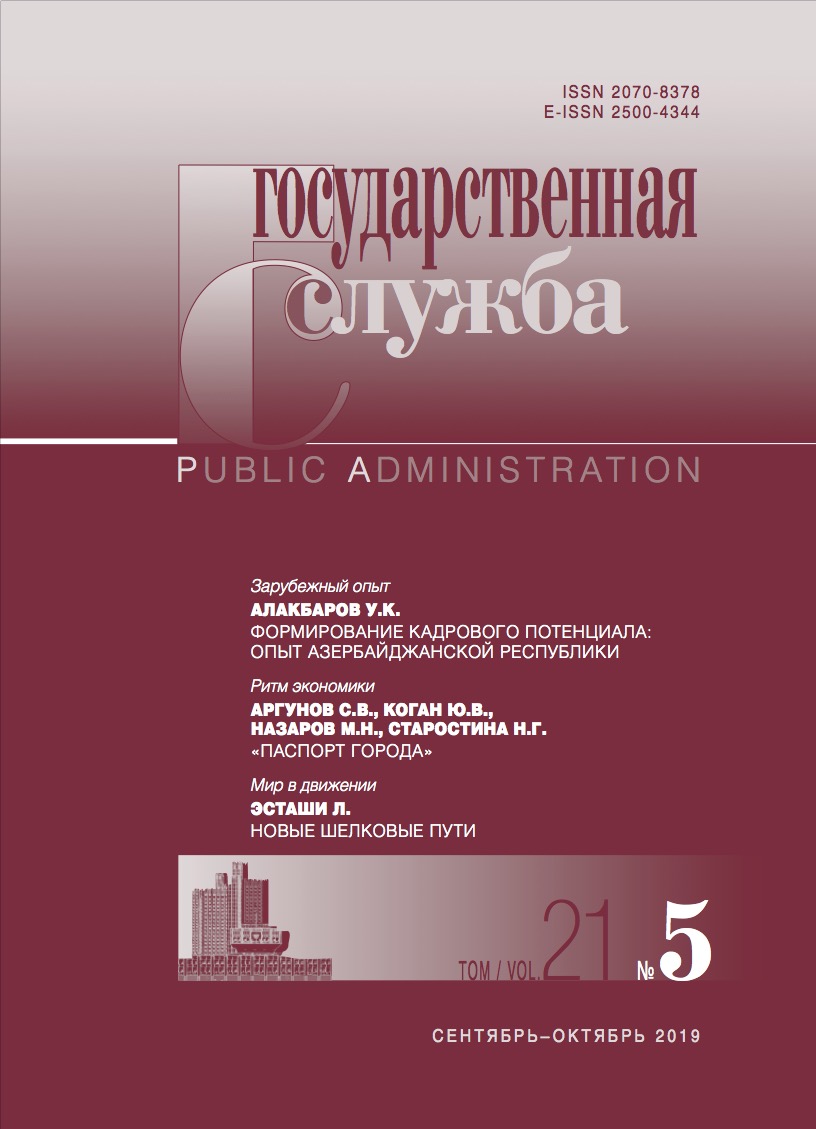Recommended link to article:
LYUDMILA A. CHEGOVADZEа
аThe Russian Presidential Academy of National Economy and Public Administration
ALEKSEI A. DEMINb
bDzerzhinsk Branch of the National Research Nizhny Novgorod State University named after N.I. Lobachevsky
DOI: 10.22394/2070-8378-2019-21-5-108-111
Abstract:
This article examines the main problems and prospects of higher legal education in Russia. With the transition to the third generation standard, the priorities of the Russian higher education system have changed. The application of the latest methods will make the Russian education innovative and corresponding to the new international standards. Solving the problems of legal education is of paramount importance, since it is associated with the special functions of the profession of the lawyer. It seems wrong to devote special attention to the practical component during the bachelor’s training stage of the lawyer. It is impossible to give full higher education, not paying attention to the theoretical, fundamental component. This approach can lead to the fact that the weak theoretical training of a lawyer -practice will not allow him, for example, to argue competently his position in resolving a complex dispute in the court. It is known that the legal science is a system of special public knowledge, the comprehension of which leads to the theoretical and applied mastering of law. The study of the theory promotes correct and complete understanding of the essence of law and the mechanism of legal regulation. According to the authors, it is necessary to pay special attention to the practical component in the magistracy, because the student at this stage has a sufficient level of theoretical knowledge and is able to apply them under the tactful guidance of the teacher.
Keywords:
higher legal education, educational standard, training stages, baccalaureate, magistracy, postgraduate education, competence approach
Received:
December 7, 2018
References:
Borisov A.V., Kornev A.V., Petruchak L.A. Legal education in Russia: history, modernity, development prospects. Monograph. M.: Norma; INFRA-M, 2015. 208 p. In Russian
Chinaeva T. Student mobility: world trends. In: Vysshee obrazovanie v Rossii. 2002. № 3. P. 93–99. In Russian
Korovyakovskii D. G. Developing system of ideas and views on higher legal education as a philosophical-legal and social phenomenon in the Ancient Ages. In: Istoriya gosudarstva i prava. 2015. № 13. P. 8–13. In Russian
Kugai A.I., Proshina E.M. Bologna process and the domestic tradition: advantages and disadvantages. In: Materialy nauchno-metodicheskoi konferentsii NWAPA. 2010. № 1. P. 151–158. In Russian
Naumkina V.V. Two-level legal education and competence approach: theory issues. In: Yuridicheskoe obrazovanie i nauka. 2012. № 4. P. 13–15. In Russian
Pugina O. A. The problems of teaching methods of law. In: Vestnik TGU. 2003. № 2. P. 64–67. In Russian
Shepeleva O., Novikova A. The quality of legal education in Russia: the stereotypes and the real problems. In: Russian Law Journal. 2014. Vol. 2. Issue 1. P. 106–120. In English
Sinyukov V. N., Sinyukova T. V. On the development of university and applied legal education in Russia. In: Gosudarstvo i pravo. 2010. № 3. P. 33–42. In Russian
Articles in Open Access mode are published under the Creative Commons Attribution 4.0 International (CC BY) license.

